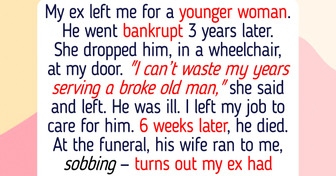CHAPPELL ROAN REFRENCE?!
10 Phrases That Can Harm Your Kid and What to Say Instead
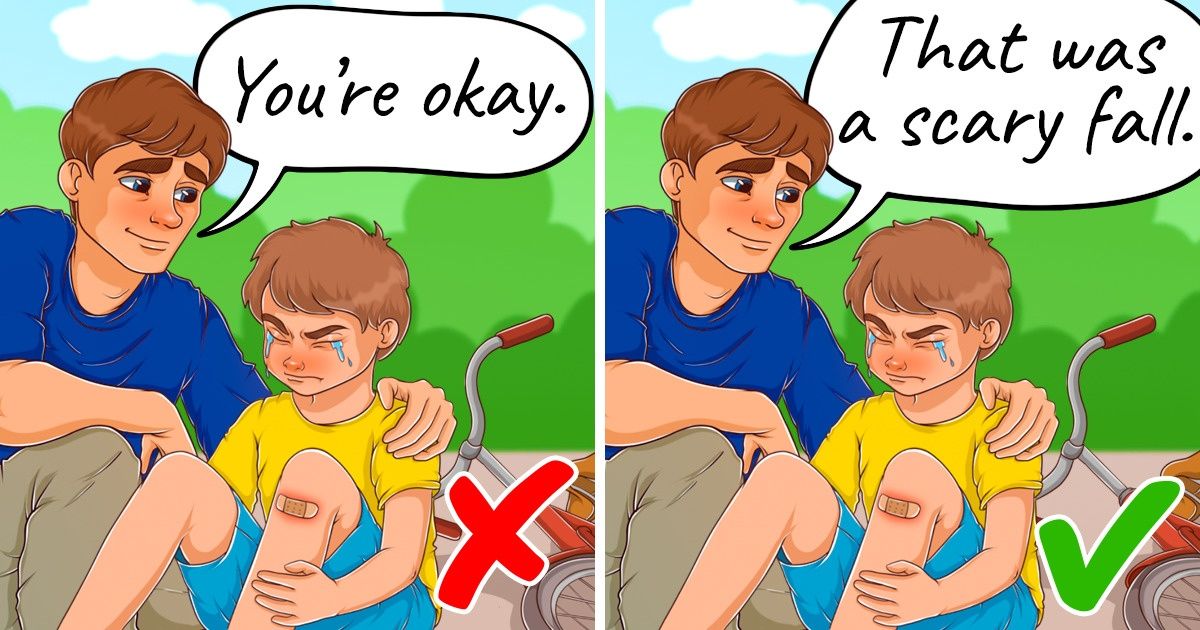
We might think words can’t make that much of an impact on a person. Especially if it’s a young child, we might think they’ll forget everything anyway. But what you say to your child actually plays a very important role. And it’s better to avoid using certain phrases because they could have a negative effect on your child and their mental health.
We at Bright Side hope our little guide will help you communicate with your kid better. So here are some phrases that it is better to replace.
1. “You’re okay.”
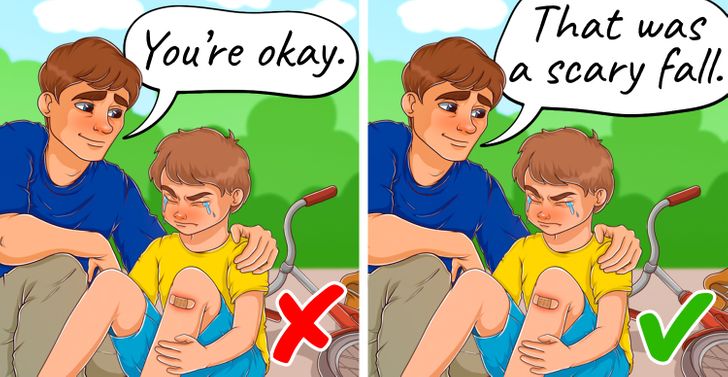
When your child is upset about something, or if they get hurt and start crying, your immediate response might be to try to calm your kid down and reassure them that everything is fine. However, that might not be the best reaction. If your child is crying, it means something’s not okay, and you should let them feel their emotions. You can even help them understand what they’re feeling by describing what happened.
2. “I’m on a diet.”
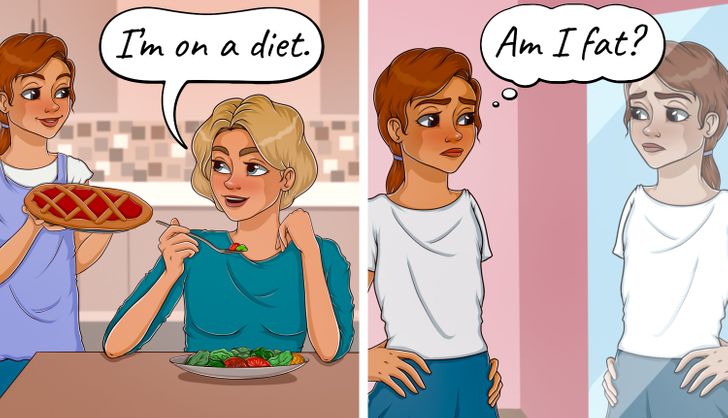
This phrase might give your child a message that you’re unhappy with how you look — and that can transfer to them because you’re their role model, and they learn everything from you. That means that this can cause your child to have body image issues. Instead, explain that eating healthy makes you feel good and that exercising is also something you do to stay healthy — but it can also be fun.
3. “We can’t afford that.”
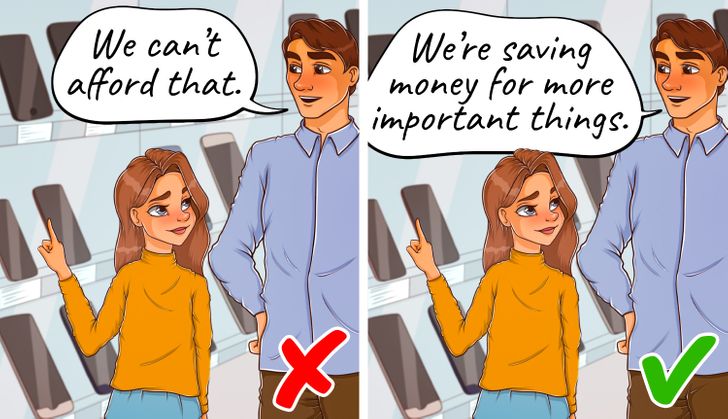
Avoid burdening your child with your family’s financial situation, which can be stressful and scary for them. This doesn’t mean you have to buy them whatever they want and pretend everything’s fine, but you can tell them “no” using other words, without giving them more information than they can handle.
4. “Be careful.”
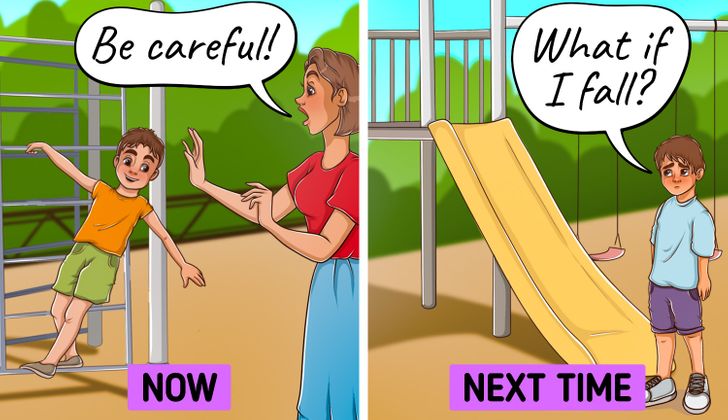
If you’re afraid your child might hurt themselves, for example, while they’re doing something on the playground, and you want to warn them, you might actually be doing them a disservice because it can distract them.
Moreover, if you use this phrase too often, your child might think it’s unsafe to be anywhere. This also takes away their opportunity to think for themselves. So instead, you could ask leading questions to help them figure out whether it’s safe to do something a certain way or not.
5. “Let me do it.”
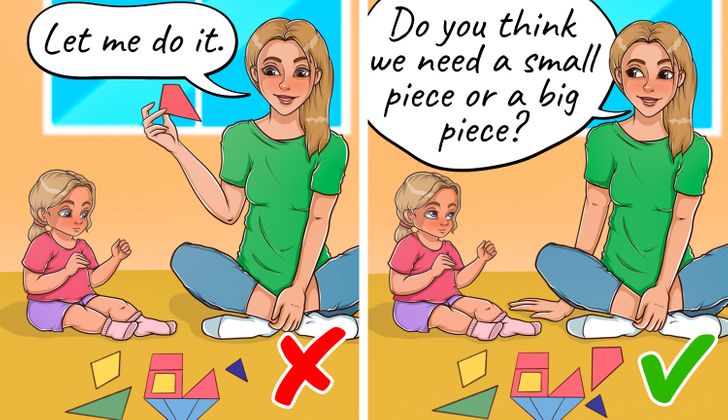
Whether it’s solving a puzzle or making a meal for the first time, you might want to help your child do it if they’re struggling with doing it right. However, if you just keep doing things for them, they might not learn to do them on their own. And if you jump in too soon, your child might think they can never do anything without your help. Instead, you can make indirect suggestions or ask questions that will help them find a solution.
6. “You make me so mad.”
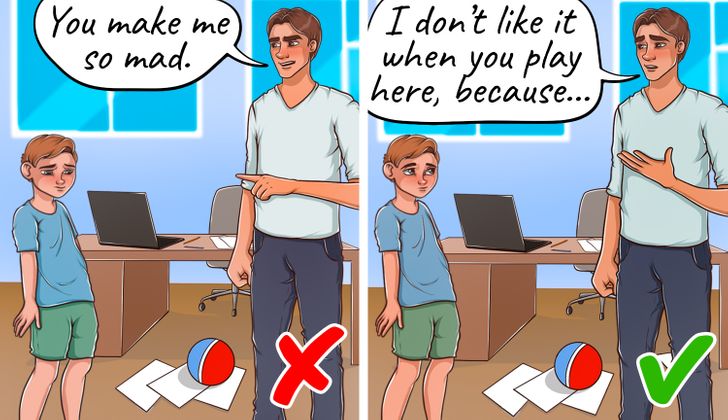
Of course, children need to be aware that their words and behavior can affect how other people feel. However, it shouldn’t sound like you’re blaming them for how you feel. So even if you get angry and upset, it’s important to stay calm, which will show your kid that you have the power to control your emotions, and explain to them why you feel that way.
7. “If... then...”
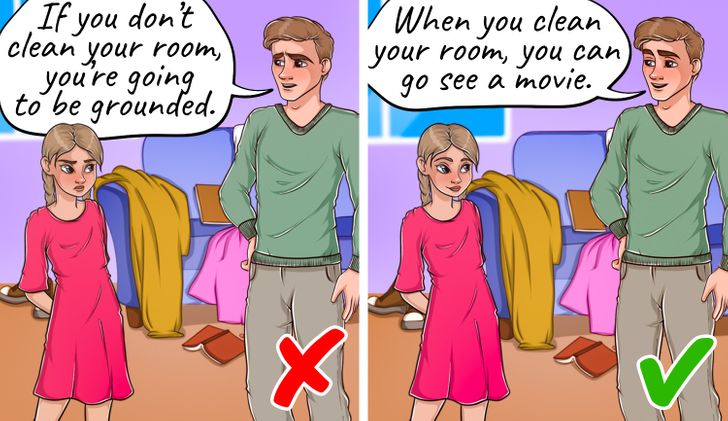
Avoid using this structure that ends with a punishment. If you do say something like this, it may sound like a threat, and it might also make your child feel like you’re looking forward to punishing them. Instead, use “When... then...” and make the statement sound positive by rephrasing it and adding a reward at the end.
8. “Wait until your father/mother gets home.”
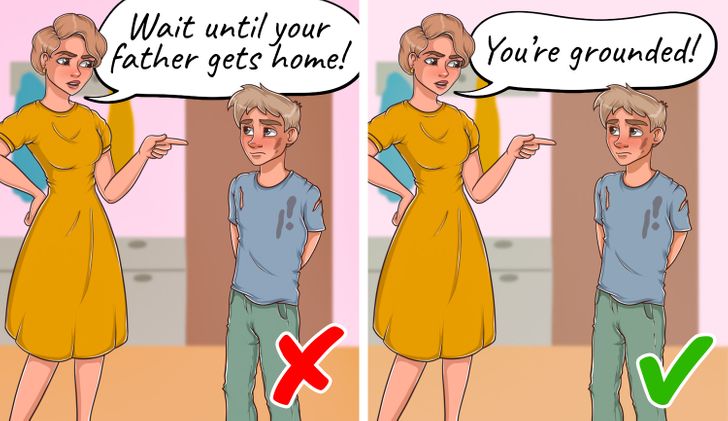
This phrase might show your child that you don’t know how to deal with their misbehavior. It also makes a villain out of the other parent. Moreover, postponing the punishment might also not be a good idea, as it may be not as effective as if you did it right away — showing them what behavior isn’t acceptable.
9. “I told you so.”
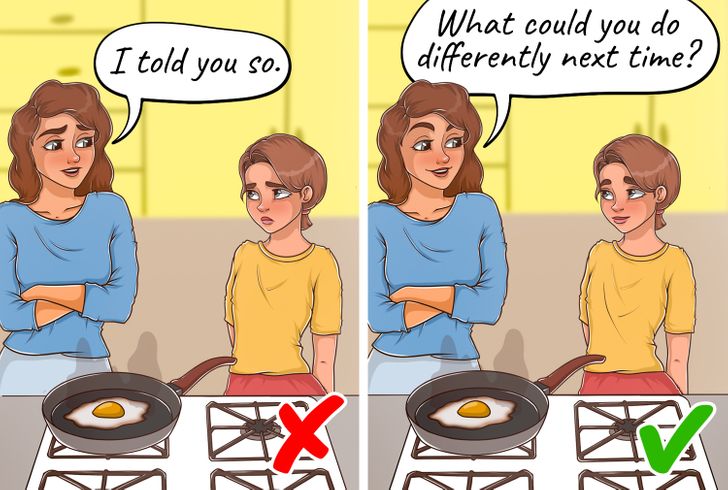
This phrase may sound to your kid like you were hoping that their decision would be wrong, like you enjoy that they failed. Instead, try to present the situation in a more objective way and analyze it together with your child.
10. “Don’t (do something).”
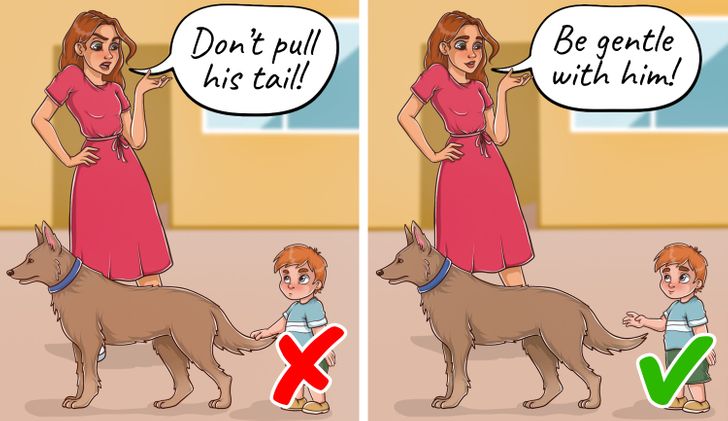
A lot of the time, when your kid does something that’s not considered to be good behavior, they might not be aware of it. And when you tell them to stop, it can be hard for them to control their impulses, and then even harder to figure out what to do instead.
So it’s better to tell your kid what they should do instead of what they shouldn’t. Apart from that, if your child knows that what they’re doing is wrong and you keep repeating yourself, it can reinforce bad behavior, because you’re drawing attention to it.
Do you use these phrases? Do you agree that they could be harmful? What else should parents avoid saying to their children?
Comments
Ok

l raised my son as a single parent and my policy was if my son was old enough to ask a question he was old enough and deserved an answer, (within the Context of being age appropriate.) he's now 34 and has the same policy with my Granddaughter. They both have grown up knowing they have been Heard, and that's important for everyone.
Related Reads
12 Small Acts of Kindness That Quietly Changed Lives
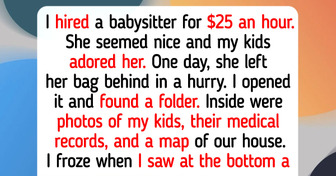
15 Workplace Stories Where Kindness and Compassion Lit Up the Entire Room
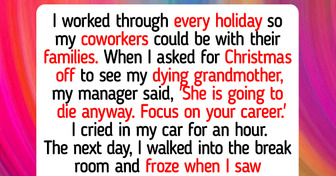
15 Times Meeting the Family Was Funnier Than Any Movie Script
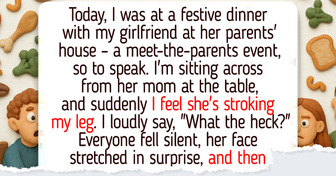
15+ Times Life Threw a Curveball That Turned Into an Unforgettable Story

10 Travelers Who Took “Breaking the Rules” Way Too Far
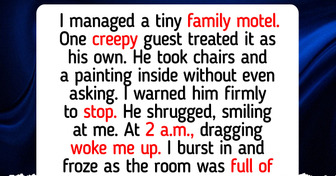
10 Teachers Who Learned Life Lessons From Their Remarkable Students
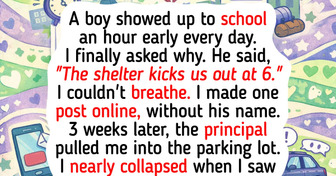
10 Mothers-in-Law Who Know How to Stir the Pot
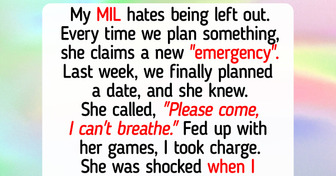
20 First Job Memories That Still Make People Smile and Blush
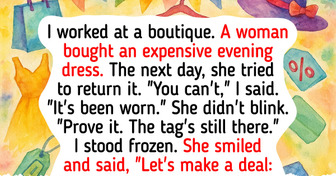
12 Moments That Remind Us to Be Kind, Even When the World Feels Harsh
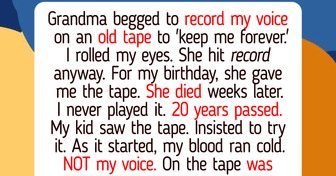
I Refuse to Return to the Office After My Coworker’s ‘Prank’ Revealed His Darkest Secret
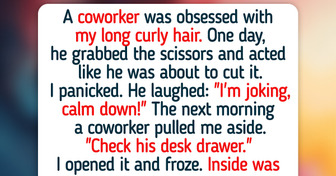
I Refuse to Be Treated Like the Family Nanny—And My Mom Chose Her Boyfriend Over Me
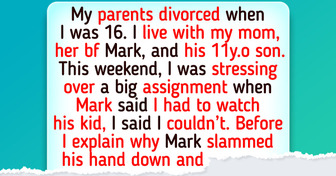
10 Moments That Prove Kindness Matters Even When the World Turns Against Us
